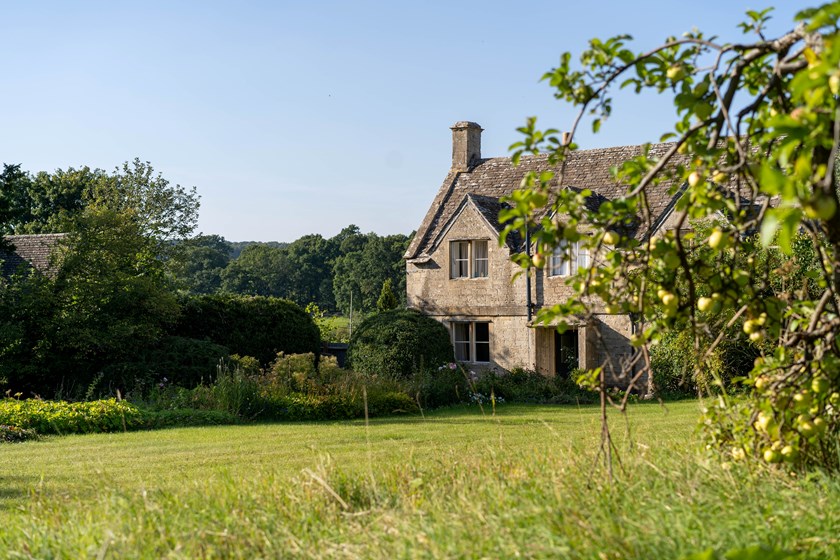Contracting with promoters for outside events
News

This article was published in the Spring issue of Historic House: The Historic Houses Association Magazine and is reproduced by kind permission.
Landed estates are increasingly being used to host live events, shows and mass participation sport. Priorities and objectives will differ from venue to venue, event to event, but many of the underlying issues – certainly from a legal perspective – are similar. Protecting your grounds and property is fundamental, as is the allocation of risk and responsibility. When dealing with larger events, such as music festivals, re-positioning and protecting a venue's brand and reputation can be an equally important issue. Allowing a promoter to organise and host an event can be a sensible way to proceed as they should bring with them the experience, connections and enthusiasm to make the event a success. Of course,allowing a third party to use your premises inevitably comes with risk, which is why putting in place a robust contract, under which this can be managed, can pay dividends in making the venture successful.
Indeed, the very act of populating a contract with the relevant details can be a good way to flush out some of the issues and make sure that both sides are on the same page from the outset.
While by no means exhaustive, the following list identifies some of the key points which should be tackled in your contract with a promoter:
- areas of the venue which can be used, and for what; and state the start and end times and the dates on which the event, set-up and dismantle can take place. Access routes should also be identified. The promoter must ensure that the venue is only used for the express purpose(s) stated in the contract. Include an obligation on the promoter to disclose in full the nature of the event to ensure that it is one which you are comfortable with;
- address issues arising (and provide controls) in relation to the land and neighbours, including noise abatement, disturbances, access of adjoining land, and dealing with difficult neighbours;
- require the promoter to deal with regulatory issues such as licensing (including premises licences, traffic management orders, road closure orders, temporary event notices, planning permission, etc) and impose an obligation on the promoter to deal with other authorities, including local authorities, the H&S Executive and the emergency services;
- include clear pricing provisions. How will the hire fee be calculated? You may want to consider payment by instalments and a payment timetable. If the event is to be ticketed, consider asking for a share of the proceeds, in addition to the hire fee;
- be clear on whether all costs are covered. If you want the right to recover additional fees and costs incurred, or for services that may be provided for the event (such as catering, cloakroom, water, toilet facilities, security, etc), then this should be spelt out in the contract;
- ensure the promoter has appropriate insurance arrangements in place in order to further protect property and chattels, as well as tomanage other inherent risks; and
- the promoter should be under a contractual commitment not to damage (or cause damage to) the venue and should reimburse you for any damage that does occur. Such provisions are especially important at venues of historical or architectural importance. The venue owner should usually exclude all liability arising from the event (although liability for death or personal injury due to the negligence of the venue owner cannot be excluded). Certain events will raise particular issues of liability, such as noise or crowd control, which need to be addressed specifically.
It can also be helpful to see the contract as something of a project management tool; by clearly setting out each party's rights and responsibilities, and including appropriate timescales and milestones, your contract with the promoter should prove to be a useful aid to managing expectations and reducing the risk of unexpected delays or surprises later down the line.
If you require further information on anything covered in this briefing please contact Jane Randell ([email protected] ; 020 3375 7198) or your usual contact at the firm on 020 3375 7000.
This publication is a general summary of the law. It should not replace legal advice tailored to your specific circumstances.
© Farrer & Co LLP, May 2016







